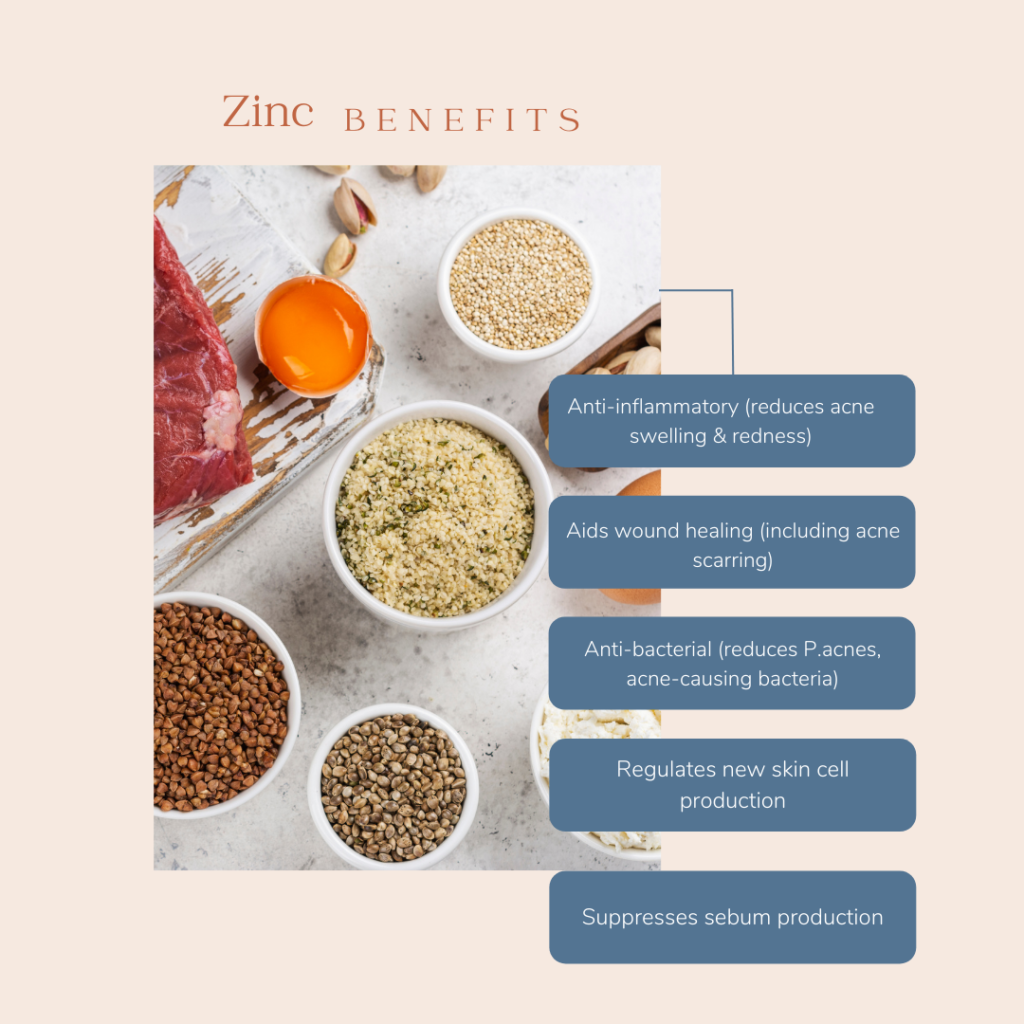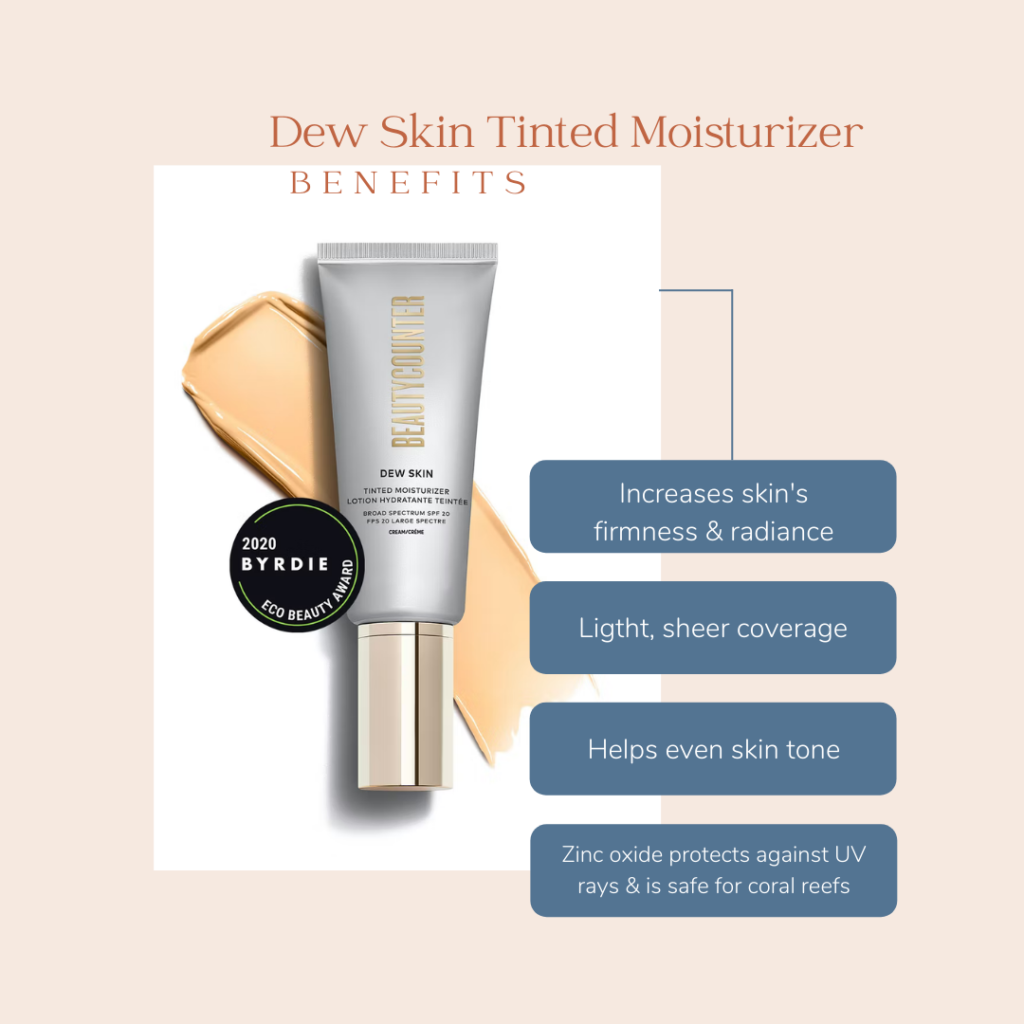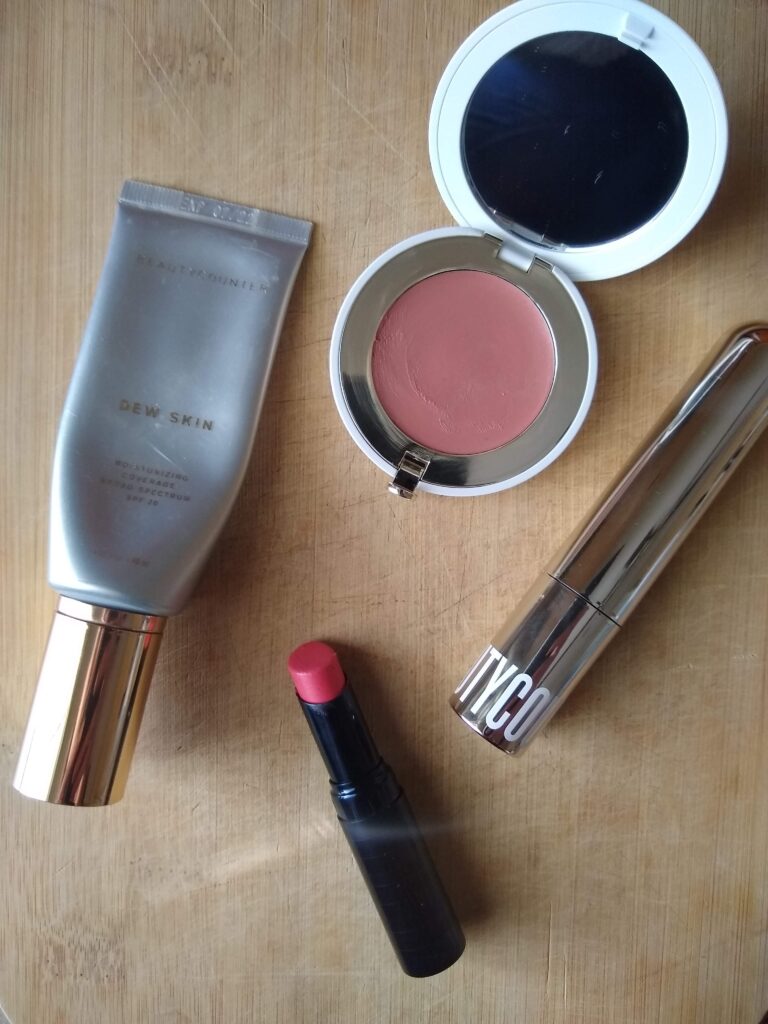What You Need to Know About Zinc & Healthy Skin

Disclaimer: I am a registered dietitian, but I am not your dietitian, nor a doctor or obstetrician. This article is meant for informational purposes only and is not intended as individual advice.
Well, I was planning on writing only a short Instagram post about zinc and skin health, however, the topic is a little more timely than I realized and requires a little bit more information and explanation.
Today, I had surgery to repair skin that did not fully heal, nor heal correctly after Baby S’s birth three months ago. This apparently isn’t common, but happened. I’m approaching this situation like I do any other ailment: with food. I want to be sure I am doing everything I can nutritionally to support the healing process, and that includes getting nutrients like zinc.

How does zinc benefit the skin?
Zinc is one of the key nutrients for overall skin health, including wound healing. This mineral is used to keep cell walls stable and regulate the production of new skin cells, which makes sense why it’s necessary for healing. The skin is the third most zinc abundant tissue in the body. It is commonly found in the upper layer of skin, the epidermis.
Due to it’s skin healing activity, zinc also helps with acne scarring, which was originally the main focus for my discussion of zinc and skin health.
Zinc also regulates inflammation, which can help reduce the swelling and redness involved with acne. Additionally, zinc inhibits the growth of p.acnes bacteria and suppresses sebum production due to its anti-androgenic activity.
So where do we get zinc from in our diet?
According to the World’s Healthiest Foods, some of the top dietary sources of zinc include:
- Beef
- Lamb
- Sesame seeds
- Pumpkin seeds
- Lentils
- Garbanzo beans
- Cashews
- Turkey
- Quinoa
- Shrimp
- Tofu
- Scallops
- Green peas
- Oats
- Yogurt
Though not listed, oysters are another excellent source of zinc. Just 1 ounce of canned oysters provides 322% of the daily value! To be honest though, oysters are not my favorite. And by not my favorite, I mean I really don’t like them – no matter how zinc-rich they are. Luckily, there’s plenty of other sources and delicious ways to get zinc from food!
What are some great ways to enjoy zinc-rich foods?
- Healthy Chocolate Hummus
- Lemon Baked Shrimp with Pasta
- Almost 5 Ingredient Pizza Spaghetti Pie (I replace the sausage in this recipe with ground turkey)
- Healthy Banana Chocolate Chip Oatmeal Muffins
Zinc Oxide in Skin care Products
Zinc also helps protect the skin when applied topically, which is one of the reasons I love the Dew Skin Tinted Moisturizer from Beautycounter. It contains zinc oxide, which helps protect the skin from UV damage, and it’s safe for coral reefs.


The Countersun sunscreen products also utilize zinc oxide, which not only protects the skin from UVA and UVB rays, but is safe for the skin, body, and as mentioned above, coral reefs. I absolutely looove this sunscreen because it goes smoothly and absorbs well (unlike other safer sunscreens that take forever to absorb, and even then leave a white residue). Plus, it doesn’t smell like sunscreen. So, I never the leave the beach smelling like I’ve been there. That’s a big win in my book.
Okay, now back to Dew skin! It was one of the first products I tried from Beautycounter four years ago, and it remains one of my favorites and most often used! It provides light, sheer coverage and helps even skin tone as well as moisturize the skin. This makes dew skin great for everyday coverage that feels like wearing nothing at all – my favorite kind of makeup! Besides that, it’s made with safer ingredients, so not only is it effective, but I also feel good about using it on my skin.


If you have questions about Beautycounter products and skincare, let me know! Need more nutrition guidance for skin health? Work with me
Sources
- Gupta M, Mahajan VK, Mehta KS, Chauhan PS. Zinc therapy in dermatology: a review. Dermatol Res Pract. 2014;2014:709152. doi:10.1155/2014/709152
- Kubala, Jillian. Zinc: Everything You Need to Know. Healthline. https://www.healthline.com/nutrition/zinc#function. November 14, 2018.
- World’s Healthiest Foods. Zinc. https://whfoods.com/genpage.php?tname=nutrient&dbid=115. Accessed March 29, 2022.




Leave a Reply